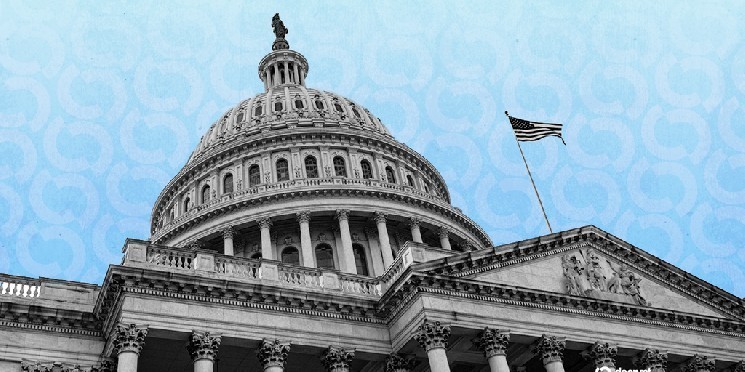Senate Committee Outlines Crypto Market Regulatory Plan

The Senate Banking Committee has unveiled a new set of guiding principles aimed at shaping comprehensive legislation for the crypto market. These principles, spearheaded by Chairman Tim Scott (R-SC), Subcommittee on Digital Assets Chair Cynthia Lummis (R-WY), and Senators Thom Tillis (R-NC) and Bill Hagerty (R-TN), prioritize providing legal clarity and certainty for digital assets while fostering innovation. Senator Tillis emphasized that the goal is to strike a balance between consumer protection, promoting technological advancement, and clearly defining the roles of regulatory bodies.
Key aspects of these principles include the precise definition of the legal status of various digital assets, clear delineation of regulatory jurisdiction among government agencies, and the modernization of oversight mechanisms to support responsible innovation within the digital asset space. Furthermore, the principles advocate for narrowly tailored anti-money laundering (AML) measures and a steadfast commitment from regulators to embrace and adapt to new technological developments.
Senator Lummis highlighted that these guidelines are intended to facilitate more productive discussions on digital asset market structure, particularly when compared to previous debates surrounding stablecoins. She asserted that the United States urgently requires digital asset legislation that both promotes responsible innovation and safeguards consumers, pointing out that while regions like the European Union and Singapore have already established clear regulatory frameworks, the U.S. continues to lag behind.
The release of these principles coincided with a subcommittee hearing featuring testimony from prominent entities such as Coinbase and Multicoin Capital, focusing on bipartisan legislative proposals. This development also follows recent momentum behind the Digital Asset Market Clarity Act, a bill designed to shift regulatory oversight of the crypto industry from the Securities and Exchange Commission (SEC) to the Commodity Futures Trading Commission (CFTC). This act recently passed two House committees and is now slated for a full vote.
Beyond Congress, crypto-related policymaking is ongoing across the federal government. For instance, on Monday, U.S. Federal Housing Finance Agency (FHFA) director Bill Pulte announced that the agency would investigate how crypto holdings might be factored into mortgage applications. Pulte, a known crypto advocate and recent Trump appointee, had previously disclosed significant personal digital asset holdings earlier in the year.
However, the increasing promotion of cryptocurrencies within government by individuals with substantial personal crypto investments has raised ethical concerns. In response to these worries, Senator Adam Schiff (D-Calif.) introduced the COIN Act on Monday. This proposed legislation seeks to prohibit the President and their immediate family members from profiting from digital assets while in office. Schiff's bill was introduced just days after the bipartisan passage of the Trump-backed GENIUS Act, which critics argue could inadvertently create a regulatory veneer that enables such profits. Notably, Senator Schiff himself voted in favor of the GENIUS Act. The ongoing legislative and regulatory efforts underscore the complex and evolving landscape of digital assets in the United States.









:max_bytes(150000):strip_icc()/GettyImages-2202323696-ff17c6d43640405db16dce24c1a183c0.jpg)

